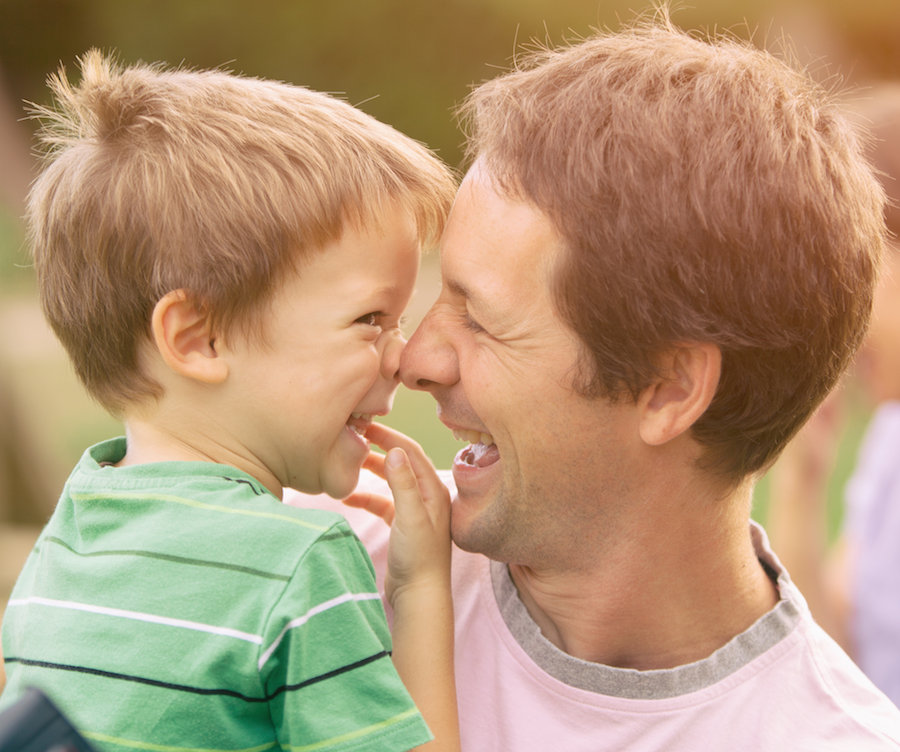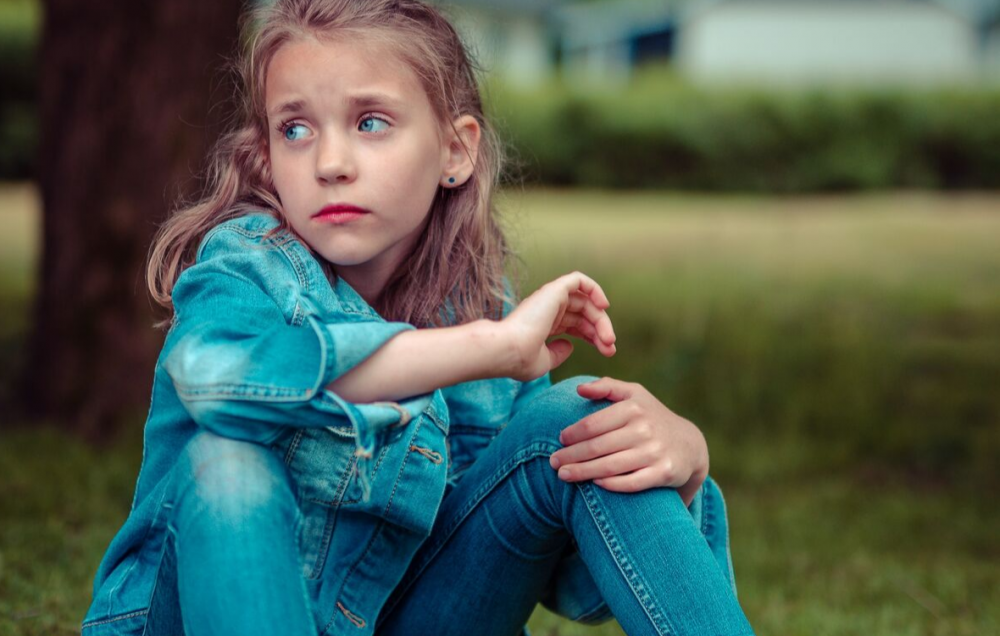As children grow their outward expression of frustration becomes more controlled because their brain has matured.
They become more and more capable of having their tears and thoughts on the inside and using their words to express how they feel and what they need. They no longer have to physically act out, or cry in response to every frustration in order to move through it.
An angry child is often just scared, they don’t feel safe or calm enough to find the words to tell you how they feel.
To reduce the fear you must calm the brain.
Every child can benefit from emotional regulation practice, taught by a calm, loving adult.
It starts with how we handle our own emotions in the face of theirs.
Whilst it is natural and understandable that our own level of frustration rises as we witness our children’s struggle, it’s up to us to keep ourselves in check.
It’s not always easy to remain calm, but in our parent-child relationships, it is essential that we dig deep and then rise to the occasion when our children need us most.
Mirror neurons are cells in a child’s brain that react when a particular action is performed and observed.
So, all you have to do is be the behaviour you are wanting to see, in this case; cool, calm and collected.
This looks like empathy and validation. Saying what you see such as;
“That didn’t go as you planned”
“I’m right here with you”
When there is no threat of punishment or disapproval (even though aggression is not what we want to see) the child’s brain can calm down and do its thing – learn!
Now, most parents at this point feel like there should be some form of discipline to let the child know this behaviour is not okay!?
It won’t help.
Let go of the fear that your child is ‘getting away with it and that if he is not reprimanded this behaviour will repeat.
This behaviour will only repeat until he has learnt a new way to respond differently; a new skill.
If you are seeing anger and aggression your child has been triggered into fight or flight mode.
His nervous system is overwhelmed.
In this state, the logical part of his brain has shut down.
He is reacting involuntarily.
(It looks like he knows what he is doing but there is too much emotion present for him to have self-control)
It is ineffective to teach, reason or punish at this point.
He will only change his behaviour when he has something else to do or say.
To teach him, he needs to be regulated and calm, not in fight or flight mode.
Validating his feelings (and his wants) will de-escalate the situation. Such as;
“You’re frustrated?”
“You wanted that toy, and your brother has it?”
Give him a moment to calm and suggest some words he can use such as:
“I was busy with that”
“Can I have a turn when you are finished?”
If he is unable to mimic your words, you can speak to the other person on his behalf, such as;
“Hey, looks like your brother would like a turn, will you let him know when you are finished?”
NOTE: If it is a behaviour you know they have the skill for, you still wait to address it. Choose a time later in the day, in private.
“Hey today I noticed you struggled to use kind words towards your brother?”
“Do you remember what to say if you want something?”
(Remind him, role play a little, have fun with it)
Then, let him know the consequence if he does it again next time.
Calm brains learn new things and behaviour changes.








